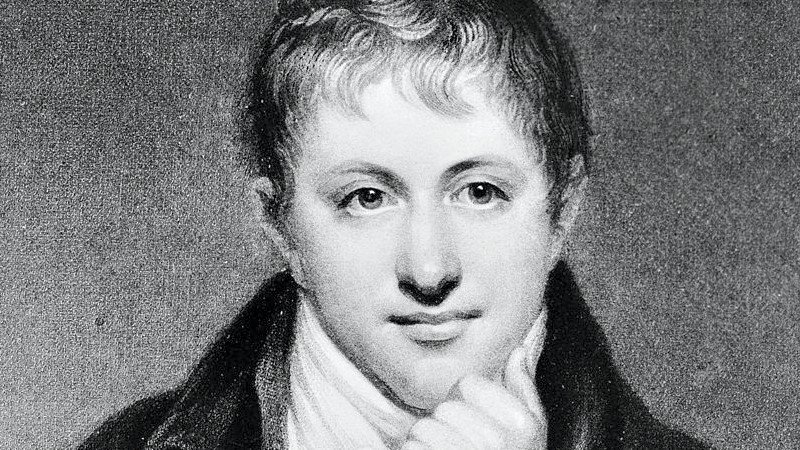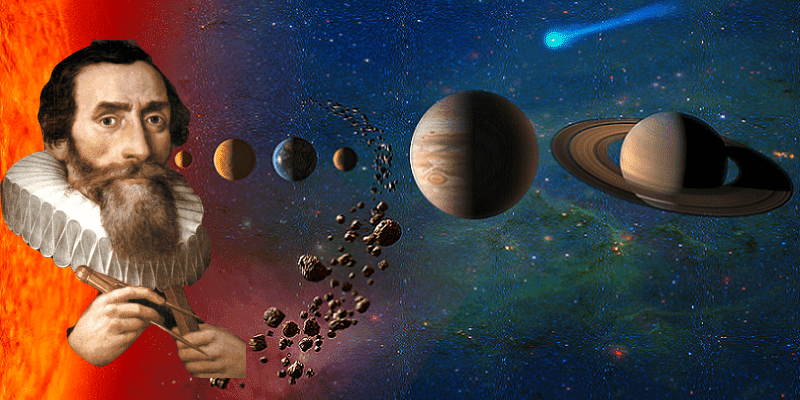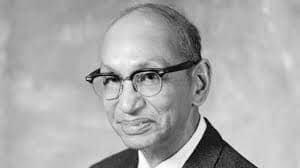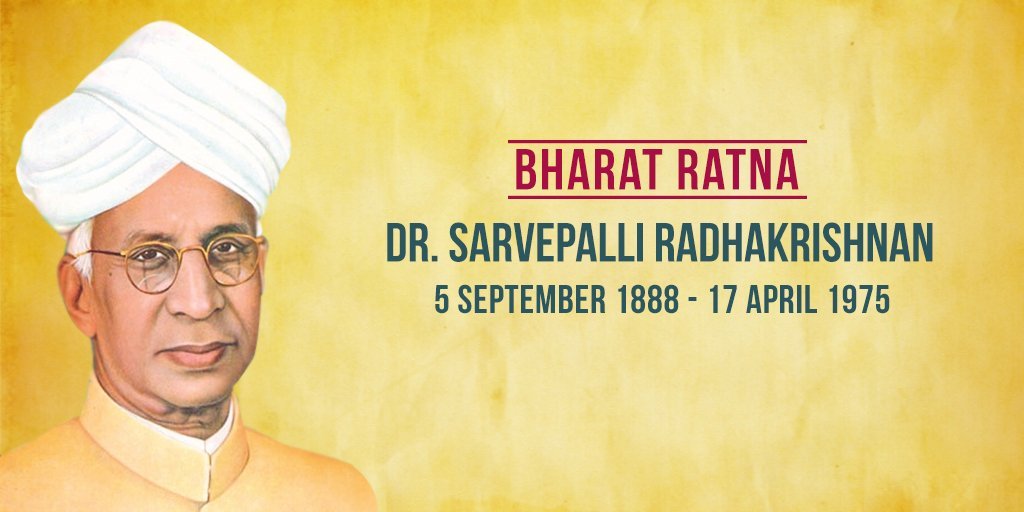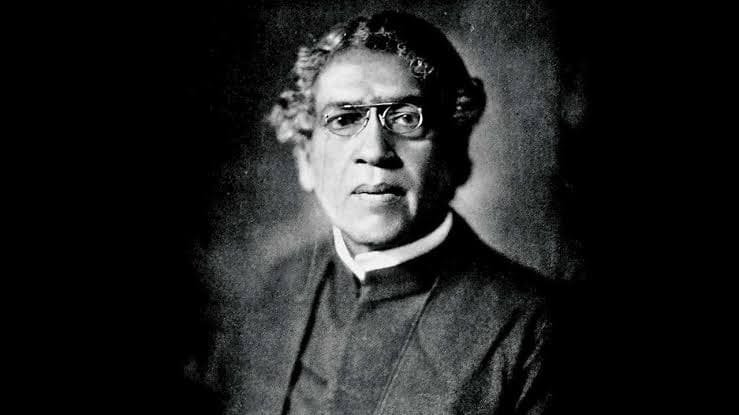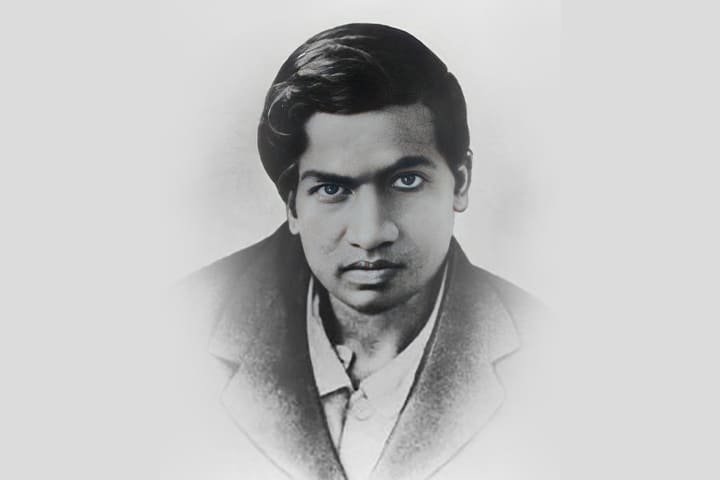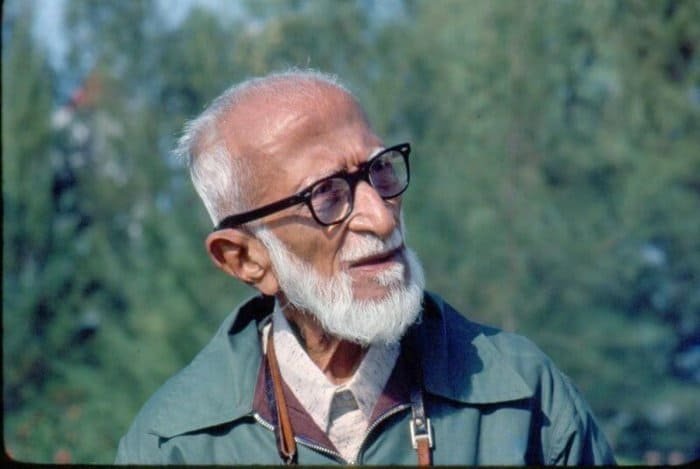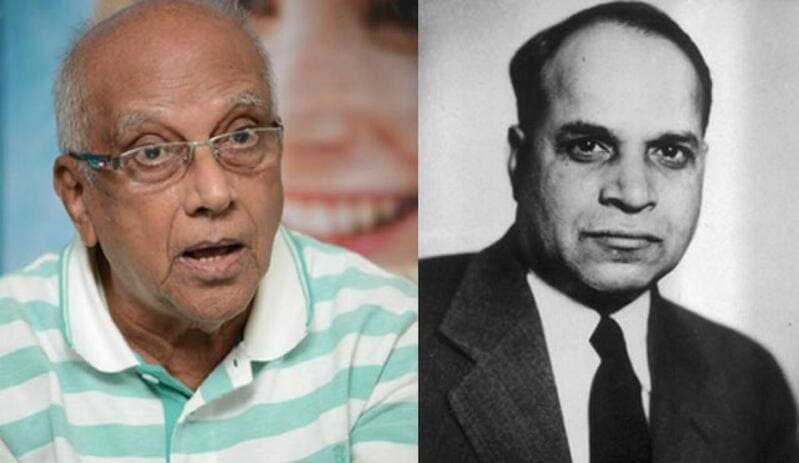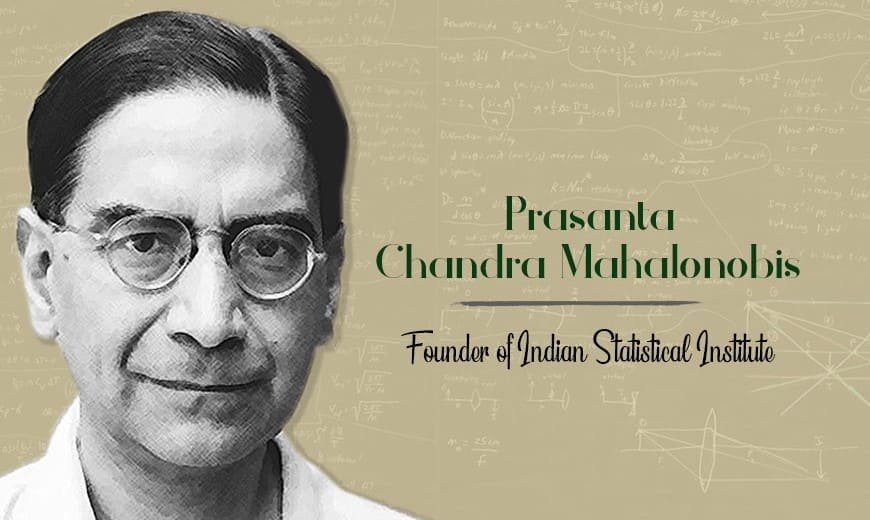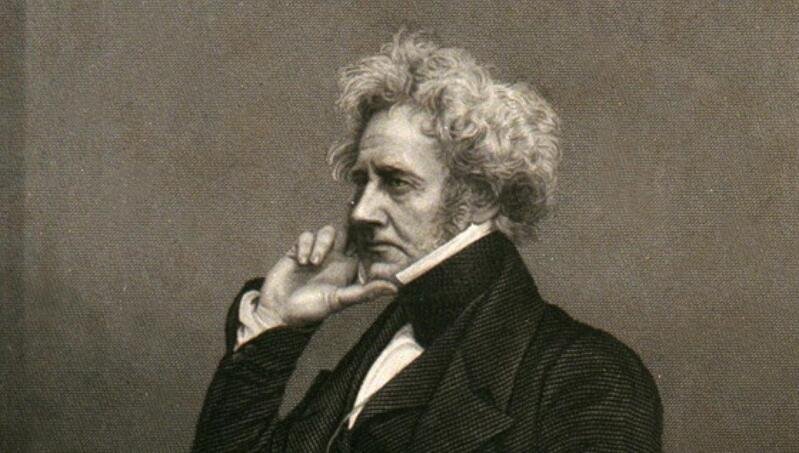
Exploring the Life and Contributions of Frederick William Herschel: The Father of Stellar Astronomy.
Frederick William Herschel: The Father of Stellar Astronomy
Frederick William Herschel (1738-1822) was a German-British astronomer, musician, and composer who is best known for his discovery of Uranus and his extensive work on the cataloging of stars and nebulae. He is considered to be one of the most important figures in the history of astronomy and his contributions laid the foundation for many branches of modern astronomy.
Early Life
Frederick William Herschel was born in Hanover, Germany in 1738. His father was a musician in the Hanoverian Guards and his mother was a talented singer. Herschel showed an early interest in music and began playing the oboe at a young age. In 1757, he joined his brother, Jacob, in England and began working as a musician.
Career in Astronomy
In 1772, Herschel began to take an interest in astronomy and built his first telescope. He began observing the night sky and quickly became an expert in the field. In 1781, Herschel discovered Uranus, which was the first planet to be discovered since ancient times. He also discovered two of Uranus' moons, Titania and Oberon.
In the following years, Herschel continued to make important contributions to the field of astronomy. He catalogued thousands of stars and nebulae and made the first map of the Milky Way. He also discovered and studied double stars, which helped to establish the concept of binary stars. Herschel also studied the nature of nebulae, which helped to pave the way for the study of the structure of galaxies.
Herschel's work on the study of the infrared radiation laid the foundation for the study of infrared astronomy. He was the first person to use the term "infrared" and he built many specialized telescopes to study the infrared spectrum. He discovered that the temperature of the stars increases as they move from red to blue, which was a significant contribution to the understanding of the nature of stars. He also studied the properties of the Sun, Moon, and other celestial bodies.
Herschel was also a skilled and accomplished musician and composer. He wrote many compositions, including symphonies, chamber music, and church music. He also built many musical instruments, including a 20-foot long cello, which was one of the largest musical instruments of his time.
Later Life and Death
Herschel was elected as a fellow of the Royal Society in 1782 and was awarded the Copley Medal in 1795 for his contributions to astronomy. He was also appointed as the King's Astronomer in 1782, a position that he held until his death in 1822. He was buried in the churchyard of St. Lawrence's Church in Upton, England.
In conclusion, Frederick William Herschel was a true polymath who made significant contributions to the field of astronomy. His extensive work on the cataloging of stars and nebulae, his discovery of Uranus and its moons, and his study of infrared radiation helped to establish many branches of modern astronomy and his legacy continues to be celebrated in the field of astronomy today.
- Exploring the Life and Innovations of Lee De Forest: The Father of Radio
- Dr. Mokshagundam Visvesvaraya: Early Life, Career, Achievements, Contributions, and Legacy
- Raj Chandra Bose: A Pioneer in Mathematics and Statistics
Note: This blog or artical is written on the basis of online research, news paper and AI tools. So, if there is any issue, please mail your feedback.
- Share:
